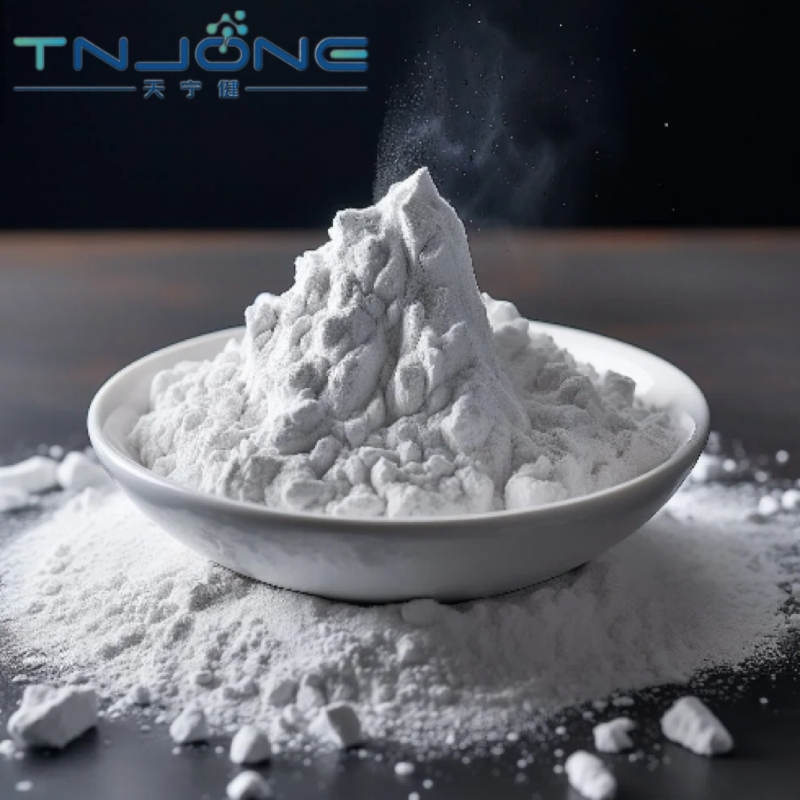-
Categories
-
Pharmaceutical Intermediates
-
Active Pharmaceutical Ingredients
-
Food Additives
- Industrial Coatings
- Agrochemicals
- Dyes and Pigments
- Surfactant
- Flavors and Fragrances
- Chemical Reagents
- Catalyst and Auxiliary
- Natural Products
- Inorganic Chemistry
-
Organic Chemistry
-
Biochemical Engineering
- Analytical Chemistry
-
Cosmetic Ingredient
- Water Treatment Chemical
-
Pharmaceutical Intermediates
Promotion
ECHEMI Mall
Wholesale
Weekly Price
Exhibition
News
-
Trade Service
Denosumab (trade name Prolia) is a monoclonal antibody therapy used to treat a variety of conditions in the chemical and industrial industries.
It is primarily used for preventing and treating osteoporosis, a condition that causes bones to become weak and brittle.
Denosumab works by targeting and inhibiting the activity of a protein called RANKL, which is involved in bone remodeling and plays a key role in the development of osteoporosis.
In addition to its use in treating osteoporosis, denosumab is also used in the chemical industry for the purification of certain chemical compounds.
This is because denosumab has a high binding affinity for RANKL, which allows it to selectively bind to and remove RANKL from solution.
This makes denosumab an effective tool for the purification of compounds that contain RANKL, such as proteins or small molecules.
The use of denosumab in the chemical industry has several advantages over traditional purification methods.
For example, denosumab can be used to purify compounds that are difficult or impossible to purify using other methods.
Additionally, denosumab can be used to purify multiple compounds simultaneously, which can save time and resources compared to traditional purification methods that require separate purification steps for each compound.
Denosumab is typically used in the chemical industry in a liquid form, which makes it easy to handle and allows for efficient purification.
The liquid form of denosumab is also stable and can be stored for extended periods of time without losing its effectiveness.
Despite its advantages, denosumab is not without its limitations.
One potential drawback is that it can cause side effects, such as pain in the jaw and increased risk of infections.
Additionally, denosumab is expensive and may not be cost-effective for all applications in the chemical industry.
In conclusion, denosumab (trade name Prolia) is a powerful tool for the purification of certain chemical compounds in the chemical industry.
Its high binding affinity for RANKL makes it an effective and efficient way to purify compounds that contain RANKL.
The use of denosumab has several advantages over traditional purification methods, including the ability to purify multiple compounds simultaneously and the ease of handling liquid denosumab.
However, denosumab also has its limitations, such as potential side effects and a higher cost compared to traditional purification methods.
Overall, denosumab is a valuable tool for the chemical industry and has the potential to revolutionize the way certain chemical compounds are purified.







